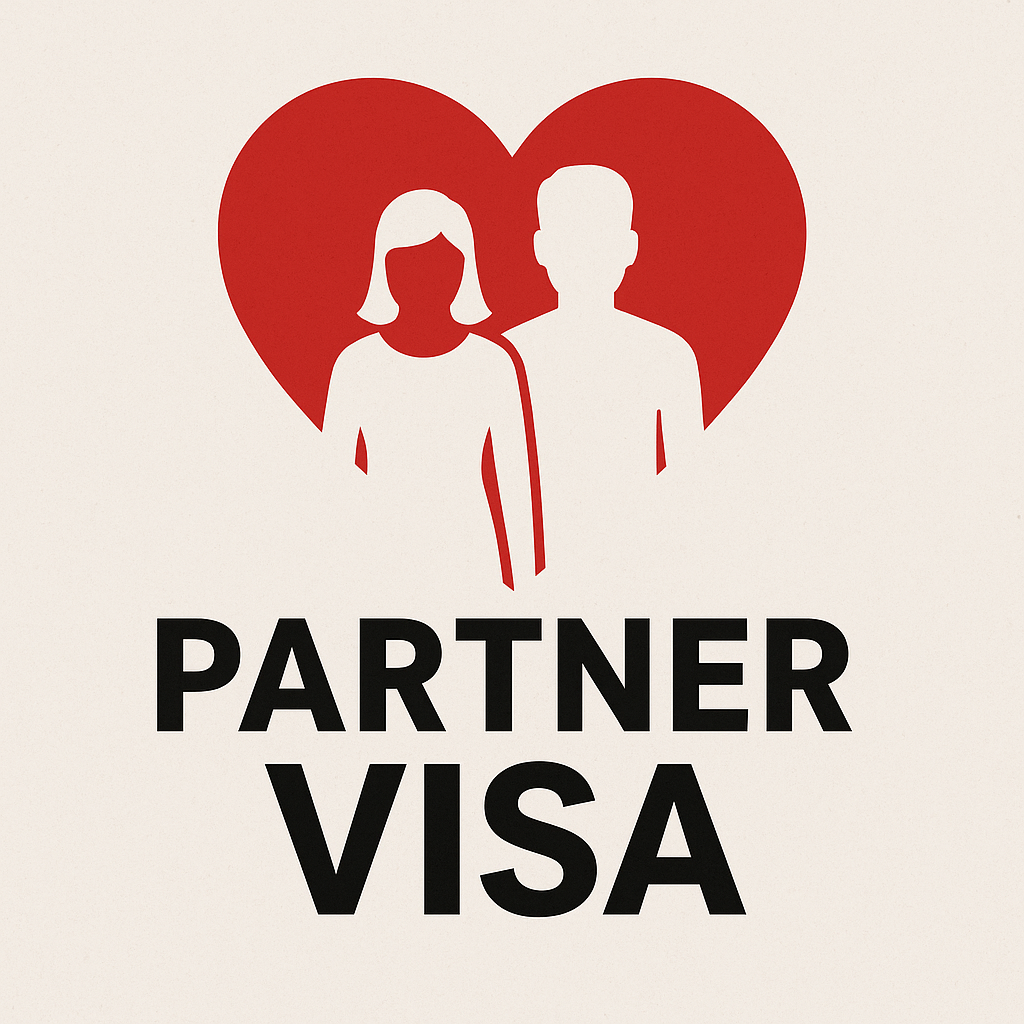The Prospective Marriage Visa to Partner Visa pathway is one of the most exciting stages of your migration journey. However, questions about when to get married, how soon to lodge your Partner Visa, and what happens if plans change can feel overwhelming.
This guide explains your key milestones, timing requirements, and the steps to prepare a decision-ready Partner Visa (Subclass 820/801) after your Prospective Marriage Visa (Subclass 300).
What Happens After Your Prospective Marriage Visa Is Granted
Once your Prospective Marriage Visa (Subclass 300) is granted, you can enter Australia and must marry your sponsor before the visa expires — usually9-15 from the date of grant.
After the marriage, you are eligible to apply for an Onshore Partner Visa (Subclass 820/801). To preserve access to a Bridging Visa A, you must apply for 820/801 while your Subclass 300 is still valid.
When Do You Need to Get Married?
You must legally marry your sponsor before your Subclass 300 visa expires. Ideally, lodge your Partner Visa application soon after your marriage is registered. You will be granted a bridging visa A to enable you to remain lawful in Australia whilst you 820/801 is processing, provided you apply for 820/801 before your 300 expires.
If your wedding is delayed — perhaps due to venue changes, illness, or travel restrictions — seek advice about your visa options.
How Soon Can You Apply for the Partner Visa?
You can apply for your Partner Visa immediately after your marriage is registered — there’s no waiting period.
At Tolic Lawyers, we prepare decision-ready Partner Visa applications and assist with:
- Certified marriage certificates and registration documentation;
- Relationship evidence across financial, household, social, and commitment aspects;
- Updated police and health checks; and
- Form 888 declarations from friends and family.
For information on BVA visa see Home Affairs – Bridging Visas.
Evidence Required After Marriage
The Department of Home Affairs evaluates your Partner Visa against four main relationship aspects.
To make your case decision-ready, provide consistent, dated evidence across each:
1 Financial
- Joint accounts, shared bills, lease/mortgage documents, insurance or superannuation beneficiaries.
- Proof of shared expenses and financial interdependence.
2 Nature of the Household
- Joint tenancy, mail to the same address, or shared domestic responsibilities.
- When living apart, include travel itineraries and communication records.
3 Social
- Photos, invitations, joint travel bookings, and Form 888 declarations.
- Evidence of public recognition such as social media or memberships.
4 Commitment
- Relationship history, partner declarations, and evidence of shared future plans (e.g. wills, beneficiaries, joint assets).
- Proof of ongoing communication when apart.
This is not an exhaustive list.
Professional Guidance from Tolic Lawyers
At Tolic Lawyers, we work with couples across Australia — from Sydney to Brisbane, Adelaide, Melbourne, and Perth — to ensure your Partner Visa application is compliant, complete, and compelling.
We can help you:
- Strategically plan your transition from Subclass 300 to 820/801;
- Lodge your application at the right time;
- Prepare strong, consistent documentation; and
- Respond to any Section 56 Request for Further Information.
Contact us: www.toliclawyers.com.au
Disclaimer
This information is accurate as of 2025; however, migration laws and policies may change. The content is for general educational purposes only and does not constitute legal advice. Always seek personalised guidance from a registered migration lawyer or agent before lodging or varying any visa application.


